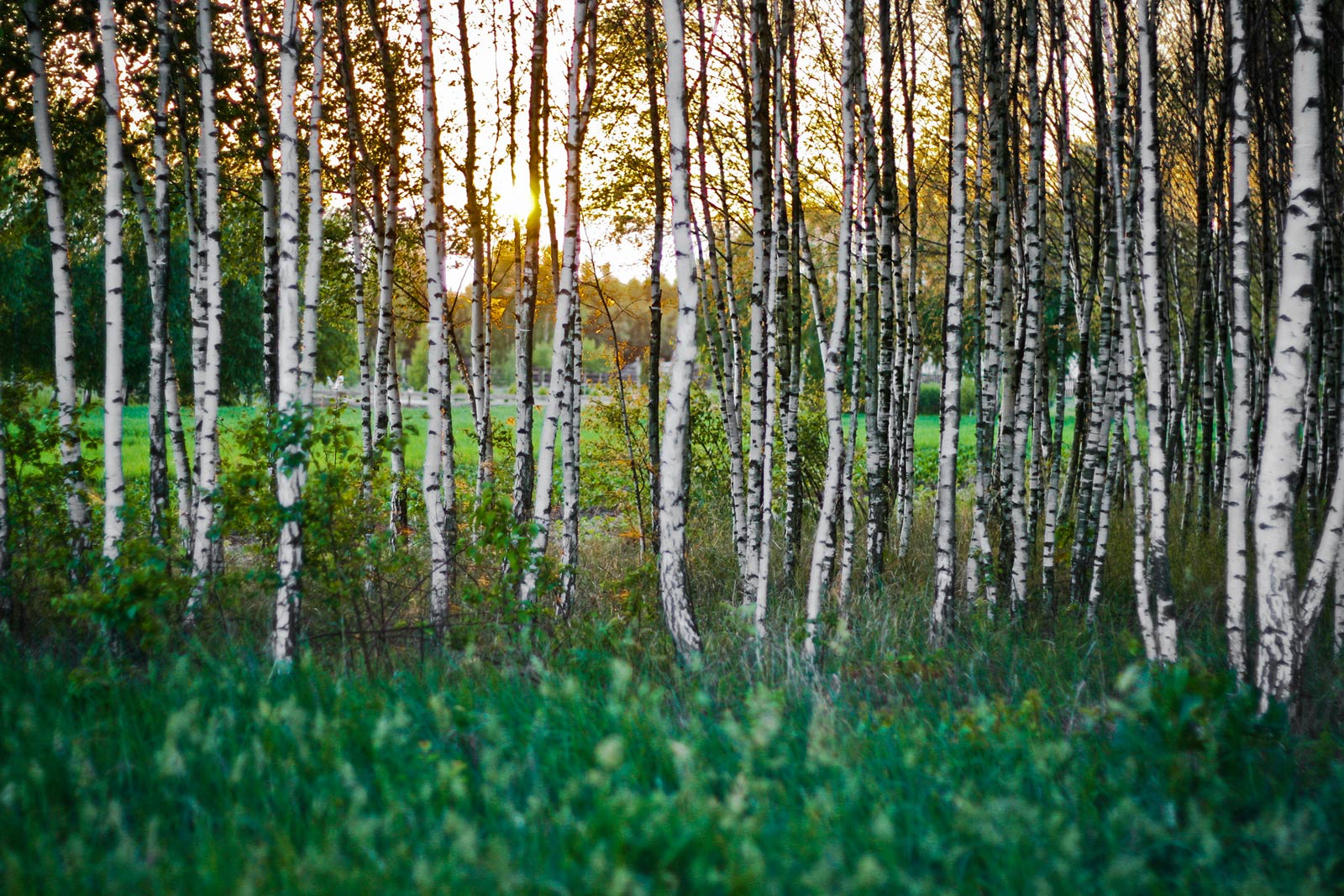
Outdoor Therapy
There is lots of research showing the benefits of being outdoors on our positive mental health.
Outdoor Therapy or Ecotherapy is a combination of traditional counselling or psychotherapy with an ecological mindset. In simpler terms, this means you engage with nature as part of the therapy. This may be as simple as going for a walk with your therapist while you discuss your issues, but it could also be working creatively within the natural space.
Working in this way allows you to forge a deep connection to nature whilst you learn about yourself and your own processes. Nature can be a holding factor in the therapeutic work that goes on outdoors. You can learn to recognise yourself in the landscape, become aware of how your body reacts to certain elements of the landscape and learn to be with nature in a way that aids your self-soothing. You can begin to understand your own relationship with nature and notice what comes up for you when you spend time in a natural space.
It can sometimes be difficult for people in the therapy room to find words to match their feelings. When outdoors people are often surprised that nature offers up many metaphors that help describe their feelings exactly.
Whether that is noticing the fragility of a plant and being able to identify with it or realising that the path you have chosen is particularly strenuous and it’s becoming ever more difficult to carry on when you notice the similarities to your current situation.
Having therapy outdoors is different to other forms of therapy as it isn’t just you and the therapist anymore, nature enters into the relationship. In ecotherapy many see nature as a co-therapist, so you get the benefit of two therapists holding and containing you on your journey.
Working outdoors offers you an embodied therapeutic experience, one in which you are joined side by side by your therapist, both walking and working to a common destination.
You are not just sat in a chair; movement enters into the therapy space and your body can say a lot when you're outdoors. For example, if you’re walking slow or fast what does that have to say about your current state of mind? Emotions are often displayed through body’s movement; you may not have the words to tell your therapist just how vulnerable or sad you feel but being outdoors walking side by side your body lets the therapist know and it can be worked through.
Ecotherapy isn’t for everyone but that’s okay. It is often used by many therapists as a standalone therapy or an additional intervention which can be accessed when required.
The question I am most often asked as an ecotherapist
is ‘what happens if it rains?’ I always discuss before starting therapy with a client, what we will do in these circumstances; some people will not want to go out in the rain or the cold whilst others will.
